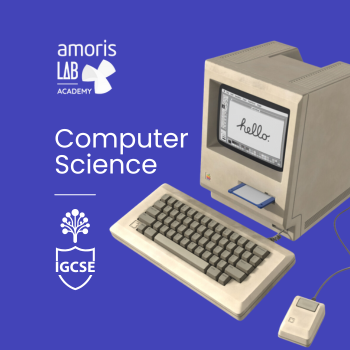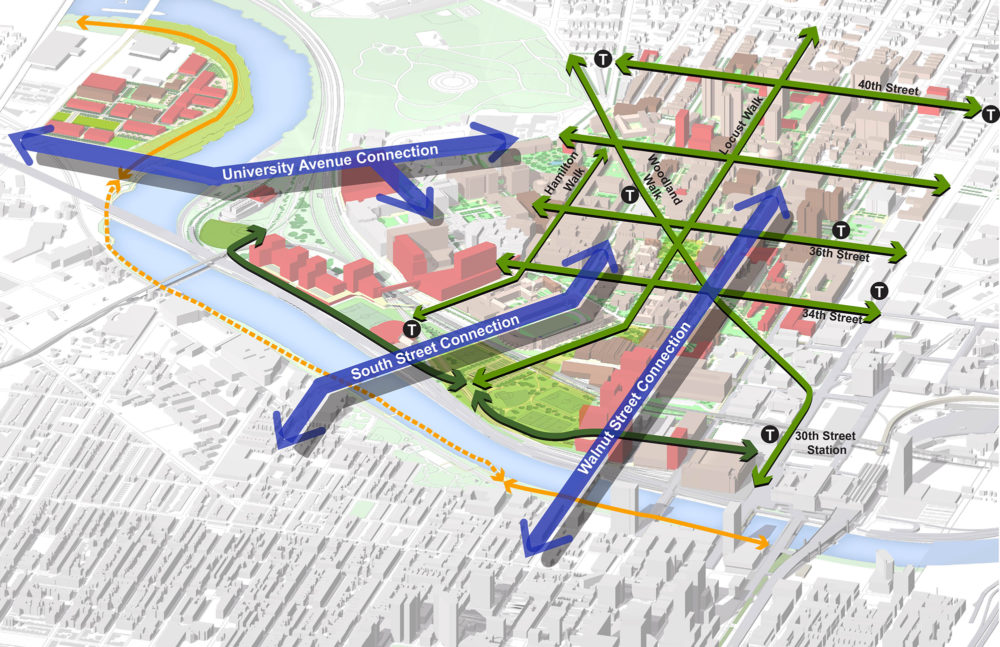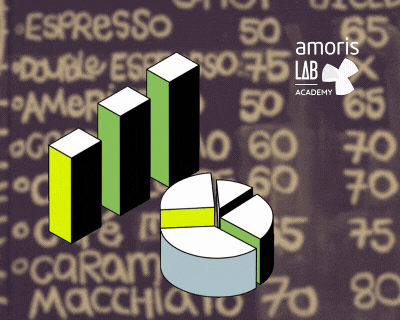IGCSE/A-Level ICT (Information and Communication Technology), IT (Information Technology), and Computer Science, as well as their relevance to AI. Here's a detailed comparison and guidance on which courses to choose based on AI-related goals:
1. Key Differences Between ICT, IT, and Computer Science
| Aspect | ICT (Information and Communication Technology) | IT (Information Technology) | Computer Science |
|---|---|---|---|
| Focus | Practical use of technology, software applications, and digital literacy. | Broader focus on IT systems, networks, and infrastructure. | Theoretical and practical understanding of computing, programming, and computational thinking. |
| Content | - Using software (e.g., spreadsheets, databases, web design). - Digital communication and ethics. | - IT systems and networks. - Cybersecurity, hardware, and software management. | - Programming (e.g., Python, Java). - Algorithms, data structures, and computer systems. |
| Skills Developed | - Proficiency in office tools (Word, Excel, etc.). - Digital communication and problem-solving. | - IT system management. - Troubleshooting and cybersecurity. | - Coding and software development. - Algorithm design and computational problem-solving. |
| Assessment | - Practical exams using software. - Theory on ICT applications and impacts. | - Practical and theoretical exams on IT systems and networks. | - Written exams on theory. - Practical programming tasks. |
| Career Relevance | - IT support, digital marketing, office management. - Roles requiring digital literacy. | - IT management, network administration, cybersecurity. | - Software engineering, AI development, data science. - Roles requiring programming and algorithms. |
| AI Relevance | Limited direct relevance to AI, but useful for understanding technology applications. | Limited direct relevance to AI, but useful for managing AI infrastructure. | Directly relevant to AI, as it covers programming, algorithms, and computational thinking. |
2. Which Course Prepares You for the AI Era?
To prepare for the AI era, Computer Science is the most relevant and strategic choice. Here's why:
a. Computer Science
- Why It’s Relevant to AI:
- Teaches programming languages (e.g., Python, Java) used in AI and machine learning.
- Covers algorithms and data structures, which are the building blocks of AI systems.
- Introduces computational thinking and problem-solving skills essential for AI development.
- AI-Related Topics:
- Machine learning basics.
- Data representation and analysis.
- Algorithm design and optimization.
- Further Study:
- Prepares you for university degrees in Computer Science, AI, Data Science, or Software Engineering.
- Career Paths:
- AI Engineer, Machine Learning Specialist, Data Scientist, Software Developer.
b. ICT
- Why It’s Less Relevant to AI:
- Focuses on the practical use of technology rather than the technical foundations of AI.
- Does not cover programming or advanced computational concepts.
- AI-Related Topics:
- Limited to understanding how AI tools are used in applications (e.g., chatbots, automation tools).
- Further Study:
- Prepares you for careers in IT support, digital marketing, or business technology.
- Career Paths:
- IT Manager, Digital Marketer, Office Administrator.
c. IT
- Why It’s Less Relevant to AI:
- Focuses on managing IT systems, networks, and infrastructure rather than AI development.
- Does not cover programming or advanced computational concepts.
- AI-Related Topics:
- Limited to managing AI infrastructure (e.g., servers, cloud computing).
- Further Study:
- Prepares you for careers in IT management, network administration, or cybersecurity.
- Career Paths:
- IT Manager, Network Administrator, Cybersecurity Specialist.
3. Other Related Subjects for AI Preparation
In addition to Computer Science, students should consider the following subjects to build a strong foundation for AI:
a. Mathematics
- Why It’s Important:
- AI relies heavily on mathematical concepts like linear algebra, calculus, probability, and statistics.
- Key Topics:
- Algebra, calculus, statistics, and probability.
- AI Relevance:
- Essential for understanding machine learning algorithms and data analysis.
b. Further Mathematics
- Why It’s Important:
- Provides advanced mathematical skills needed for AI research and development.
- Key Topics:
- Matrices, complex numbers, and advanced statistics.
- AI Relevance:
- Critical for advanced AI applications like neural networks and optimization.
c. Physics
- Why It’s Important:
- Helps you understand the hardware and systems that power AI technologies (e.g., robotics, sensors).
- Key Topics:
- Electronics, circuits, and computational methods.
- AI Relevance:
- Useful for AI applications in robotics and automation.
4. Recommended Learning Path for AI
To prepare for the AI era, students should follow this learning path:
Stage 1: IGCSE (Age 14–16)
- Core Subjects:
- Computer Science: Learn programming basics (e.g., Python) and computational thinking.
- Mathematics: Build a strong foundation in algebra, geometry, and statistics.
- Physics: Understand the hardware side of technology.
Stage 2: AS-Level (Age 16–17)
- Core Subjects:
- Computer Science: Dive deeper into programming and algorithms.
- Mathematics: Study calculus, probability, and statistics.
- Further Mathematics (Optional): Explore advanced topics like matrices and optimization.
Stage 3: A-Level (Age 17–18)
- Core Subjects:
- Computer Science: Focus on advanced programming, AI concepts, and machine learning basics.
- Mathematics: Master linear algebra, calculus, and statistical modeling.
- Further Mathematics: Gain expertise in advanced mathematical techniques used in AI.
5. Guidance for Students
- Choose Computer Science if:
- You are interested in programming, algorithms, and AI development.
- You want to pursue a career in AI, machine learning, or software engineering.
- Choose ICT if:
- You are more interested in the practical use of technology (e.g., office tools, digital communication).
- You want to pursue careers in IT support, digital marketing, or business technology.
- Choose IT if:
- You are interested in managing IT systems, networks, and infrastructure.
- You want to pursue careers in IT management, network administration, or cybersecurity.
- Complement with Mathematics and Physics:
- These subjects are essential for understanding the mathematical and hardware foundations of AI.
Conclusion
To thrive in the AI era, Computer Science is the most relevant subject, as it directly prepares you for AI development and programming. Complement it with Mathematics and Physics to build a strong foundation for advanced AI applications. While ICT and IT are useful for digital literacy and IT management, they are less directly relevant to AI. By following this learning path, students can position themselves for success in university and future careers in AI and related fields.





